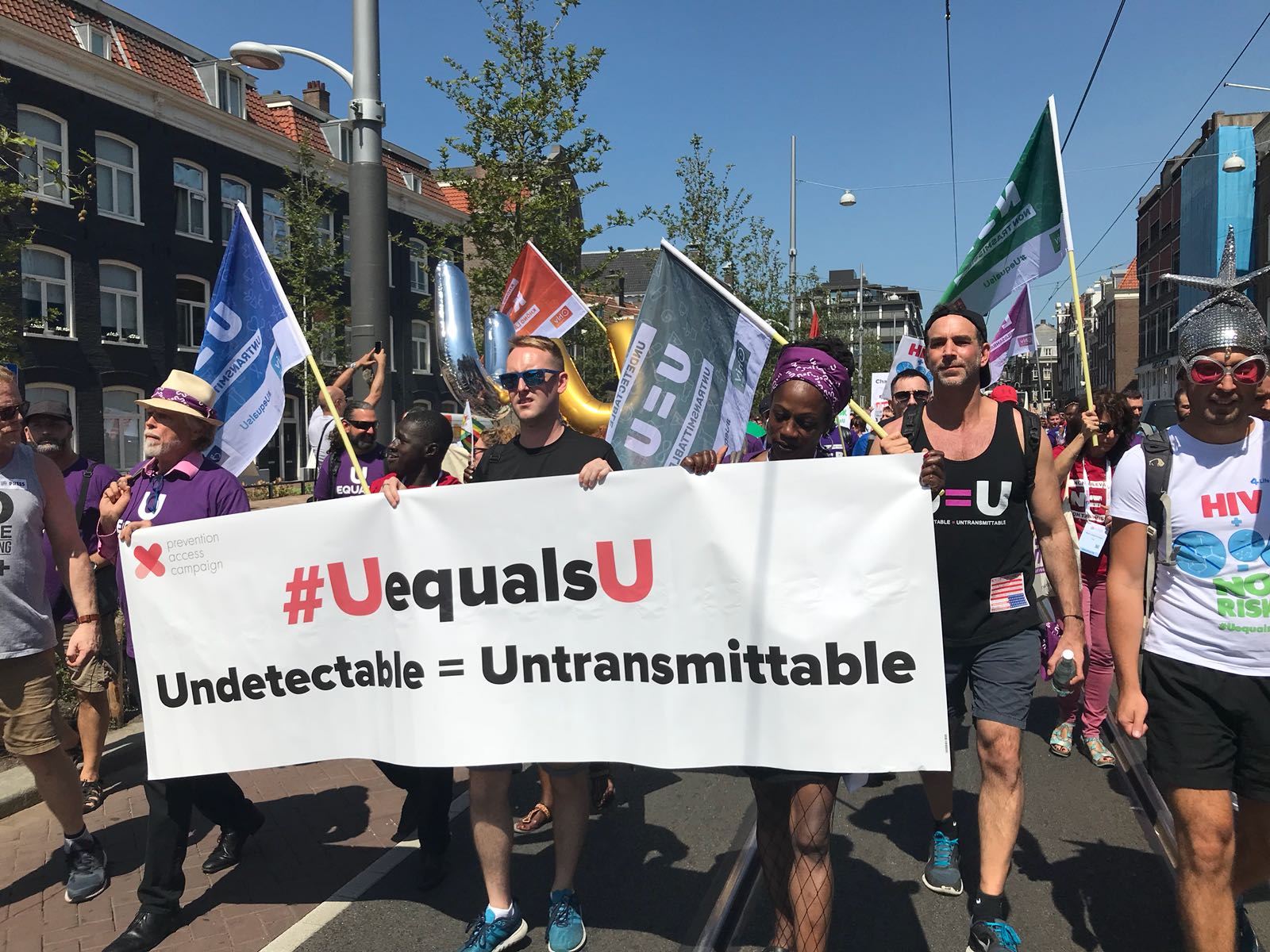BHIVA: “Undeterminable workload - zero risk of HIV transmission”

BHIVA, the British HIV Association, is urging people to stop talking about ‘minimal risk’ and ‘negligible risk’ when talking about Undetectable = Untransmittable. It says such terms can confuse people.
It says health care providers and media should say ‘zero risk’, i.e. When someone is HIV positive and has an undetectable viral load, they have zero risk of passing it on.
No transmission of the virus from an undetectable partner
Dr. Nadi Gupta, a healthcare expert in the HIV field, announced the new advisory policy at BHIVA’s World AIDS Day event at the National Gallery in London last night. Other speakers included Ian Green, CEO of Terrence Higgins Trust, and Professor Alison Rogers of University College London.
Although researchers have said there is a theoretical possibility, there is no known recorded instance of this happening. Major studies have followed same-sex and opposite-sex couples in serodiscordant relationships (where one is HIV positive and one is negative). After more than 135,000 instances of condomless sex, there has not been one instance of transmission of the virus from the undetectable partner to the HIV negative partner.
‘Zero risk’
Professor Chloe Orkin, Consultant in HIV Medicine at Barts Health NHS Trust and BHIVA spokesperson told GSN: ‘We recommend consistent and unambiguous terminology when discussing U=U, such as “no risk” or “zero risk” of sexual transmission of HIV.’
She also suggested avoiding terms like ‘negligible risk’ and ‘minimal risk’.
Gupta said BHIVA had analyzed surveys of healthcare workers to discover how they talk to people about U=U. It found that although many do talk about U=U, some only do so when asked about it by patients.
Moreover, some only bring it up after someone becomes undetectable. BHIVA wants clinics and hospital to display more signs explaining U=U. It wants healthcare workers to talk about it with everyone who is HIV+ – not to wait until a later date.
In a statement, BHIVA said, ‘We urge health care professionals to discuss U=U proactively with all people living with HIV at appropriate points during care including, but not limited to:- at diagnosis, when initiating treatment, to encourage adherence, when undetectable, and if planning to conceive.’
‘Spreading the U=U message is also an important way to help reduce the stigma experienced by people living with HIV, whose sexual partners may fear infection unnecessarily.’



